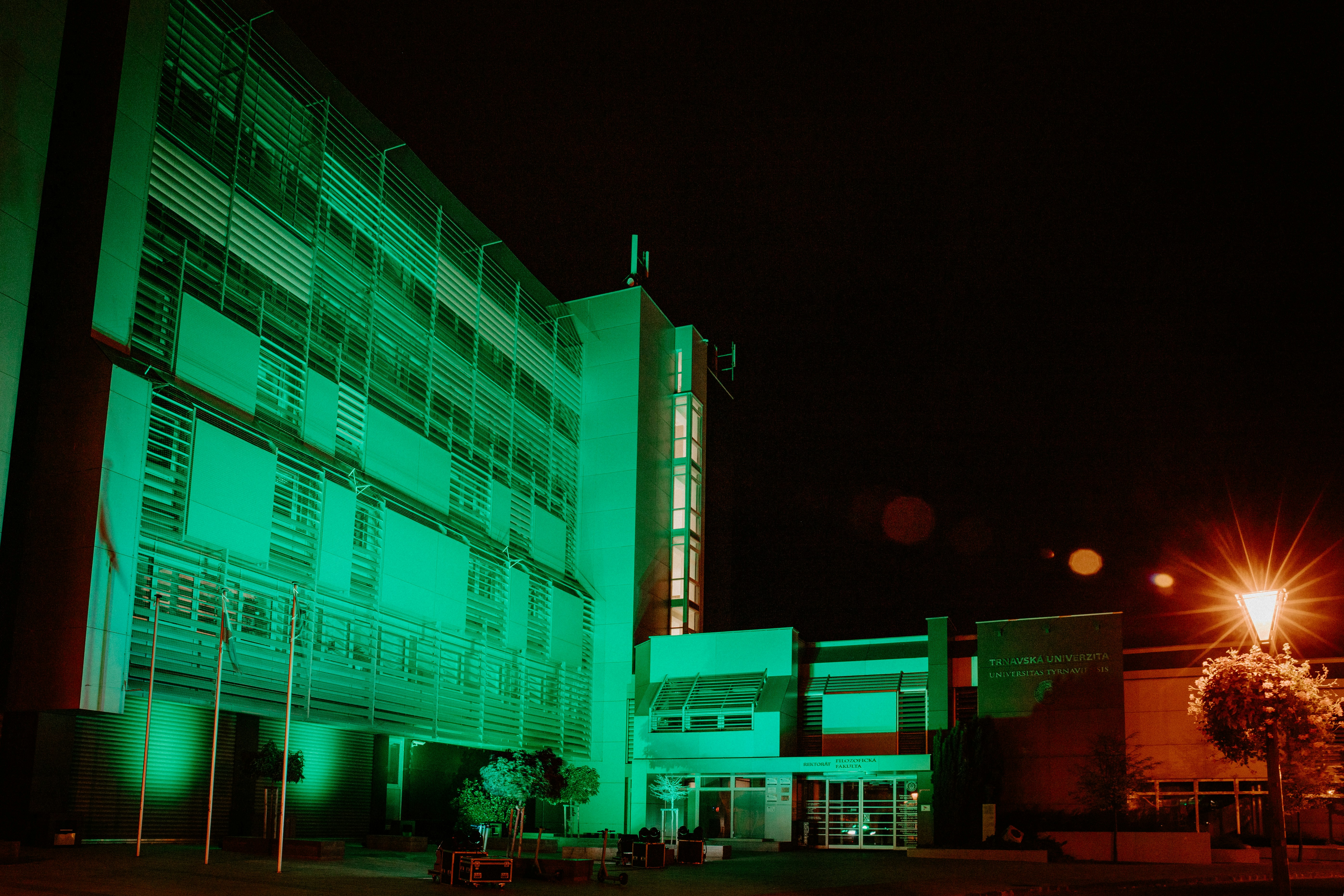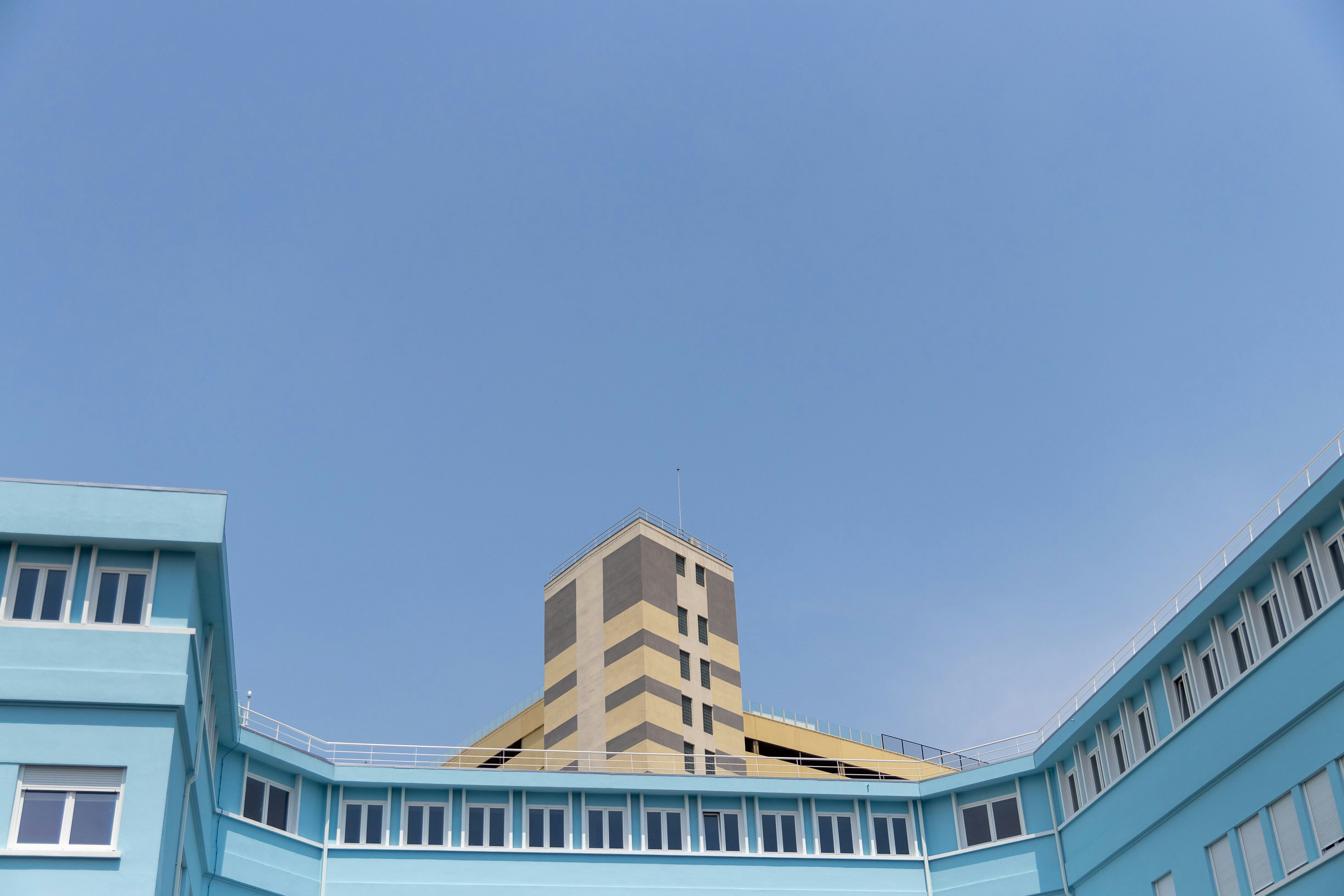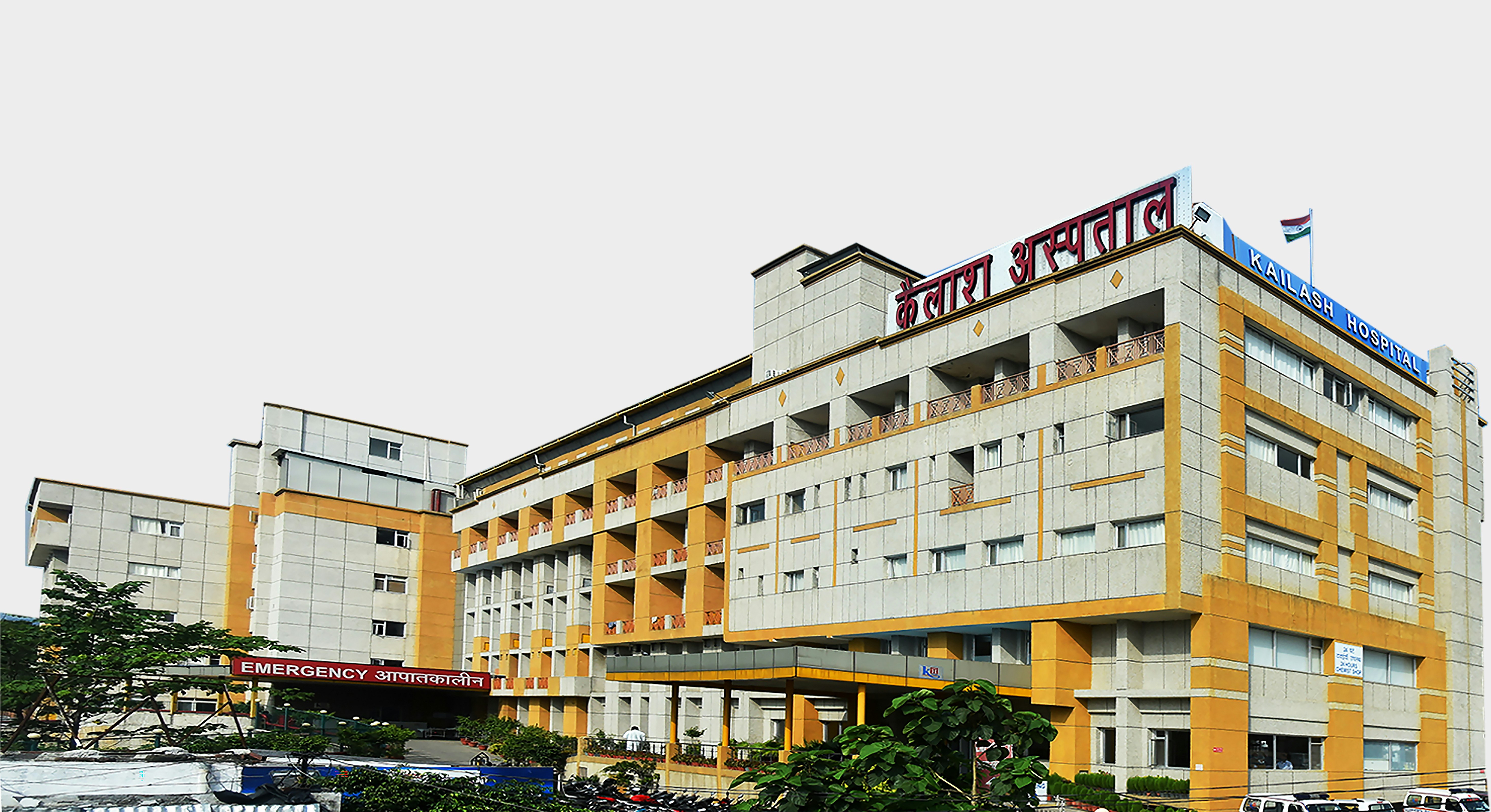Autism Testing Centers In New York: Where To Get Tested

Getting tested for autism can be a powerful first step toward understanding yourself or your loved one better. Whether you're a parent concerned about your child’s development, a teen struggling with social situations, or an adult who’s always felt “different” — an autism evaluation can provide answers and open the door to the right support.
In a busy, fast-moving state like New York, finding the right place to get tested might feel overwhelming. But the good news is: there are many qualified clinics, hospitals, and specialists across the state who offer thorough autism assessments — for all ages.
Who Should Consider Getting Evaluated
You don’t need to “seem autistic” to others to consider testing. Autism looks different in everyone. Some people might have trouble with change or understanding social cues. Others might focus deeply on specific interests or feel overwhelmed by loud sounds and bright lights. In children, delays in speech or repetitive behaviors can be signs too.
If you or someone you care about shows signs of autism — even if they’re mild — getting tested can lead to:
- Helpful therapies
- School support or workplace accommodations
- A clearer sense of self
- And access to services in New York that require a diagnosis
This guide is here to make your search easier. We’ll walk you through the types of testing available, where to go by location, how to find adult-friendly services, and what to expect every step of the way.
Types of Autism Testing Services in New York
Autism testing can look different depending on your age, needs, and the kind of evaluation you want. Whether you’re a parent, teen, or adult in New York, it’s helpful to know what types of testing are available so you can find the right fit.
Diagnostic Evaluations for Children
In New York, many clinics and hospitals offer detailed autism evaluations for young children. These evaluations focus on watching how your child plays, talks, and interacts with others.
What to expect:
- Talking with parents about development history
- Watching your child during play
- Speech and language testing
- Checking social skills and behavior
Early diagnosis helps families get access to support, therapies, and educational services that can make a big difference.
Autism Testing for Teens and Adults
Sometimes autism isn’t noticed until later in life. Testing for teens and adults in New York usually involves interviews about personal history and current challenges, as well as standardized questionnaires.
What to expect:
- Interviews about your experiences growing up and now
- Questionnaires about social skills and habits
- Sometimes cognitive or psychological tests
This helps adults better understand themselves and find services or accommodations that improve daily life.
Screening vs. Comprehensive Evaluation
If you’re not sure whether a full autism evaluation is needed, many places in New York offer screenings. These are shorter, quicker checks to see if further testing is recommended.
A comprehensive evaluation is a longer, more detailed process conducted by specialists to confirm an autism diagnosis and guide next steps.
- Screening = a quick check for possible signs
- Comprehensive evaluation = detailed assessment leading to diagnosis
Who Conducts Autism Testing in New York?
Tests can be done by various professionals, including:
- Developmental pediatricians
- Psychologists and neuropsychologists
- Autism specialists at hospitals or centers
- Multidisciplinary teams at universities or clinics
Each provider uses different tools but aims to understand how autism affects communication, behavior, and social skills.
Knowing these types of services in New York will help you choose the right place to start your autism testing journey. In the next section, we’ll share specific locations and clinics throughout New York where you can get tested.
Top Places to Get Tested for Autism in New York
If you’re in New York and wondering where to get tested for autism, you’re in luck. The state offers many trusted clinics and centers with experienced specialists who understand autism well. Here are some of the top places where you can get a diagnosis or evaluation:
Pediatric Autism Testing Centers
These centers focus on testing children from toddlers to teens. They have teams of doctors, psychologists, speech therapists, and other experts who work together to get a clear picture of your child’s development.
Examples:
- NYU Langone Autism Center: Offers comprehensive evaluations and ongoing support for children and families.
- Montefiore Einstein Center for Autism: Provides detailed testing and therapy options for kids.
These centers often accept insurance and can guide you through next steps if your child gets diagnosed.
Adult Autism Diagnostic Services
Many adults are seeking autism evaluations later in life to better understand themselves. New York has specialized clinics that offer adult-focused testing, recognizing that autism may look different in grown-ups.
Examples:
- Mount Sinai Center for Autism and the Developing Brain: Offers testing and counseling tailored for teens and adults.
- The Center for Autism and the Developing Brain (CADB): Provides evaluations and support services specifically for adults.
Adult testing usually involves interviews, questionnaires, and sometimes psychological tests to see how autism affects everyday life.
University and Research-Based Clinics
Universities often have clinics where experts provide autism testing at reduced costs or as part of research studies. These can be good options if you’re looking for affordable services or want to contribute to research.
Examples:
- Columbia University Developmental Disabilities Clinic
- Cornell University Autism Research Program
These places combine diagnosis with opportunities for new treatments or therapies.
Multidisciplinary Evaluation Teams
Some centers bring together doctors, psychologists, speech therapists, and occupational therapists to do a full evaluation in one place. This approach helps families get a complete picture quickly and easily.
Example:
- NYC Early Childhood Center: Offers multi-specialist evaluations to identify autism and related developmental delays.
Community Clinics and Nonprofit Organizations
If cost or insurance is a concern, there are nonprofits and community clinics that offer low-cost or sliding-scale autism testing services. They also often provide helpful workshops and support groups.
Examples:
- Autism Speaks New York (offers resources and testing referrals)
- AHRC New York City (supports people with developmental disabilities)
No matter your age or situation, New York has plenty of options for autism testing. When choosing a place, consider things like your location, insurance coverage, wait times, and whether you want specialized services for children or adults.
Autism Testing Centers Across New York (Including Smaller Cities & Rural Areas)
City / Borough | Recommended Testing Centers | Key Features | Age Group Served | Notes / Contact Info | Website Link |
Manhattan | - NYU Langone Autism Center- Mount Sinai CADB | Advanced autism evaluations for all ages | All ages | Bilingual services; accepts most insurance | |
Brooklyn | - Kings County Developmental Disabilities Services- Maimonides Autism Center | Early childhood programs and behavioral supports | Children & Teens | Sliding scale fees; community-focused | |
Queens | - St. John’s University Speech & Hearing Clinic- Queens Developmental Center | Affordable screenings and speech evaluations | Children & Teens | University-affiliated; highly rated by families | |
The Bronx | - Montefiore Einstein Center- BronxWorks Autism Services | Strong adult-focused programs and youth testing | All ages | Accepts Medicaid and major plans | |
Staten Island | - Staten Island Univ. Hospital- Staten Island Dev. Disabilities Clinic | Behavior-based diagnosis and therapy planning | Children & Teens | Waitlist common; referral recommended | |
Albany | - Albany Med Dev. Pediatrics- Center for Autism and Related Disabilities (CARD) | Full pediatric testing and autism education | All ages | Excellent for early intervention | |
Syracuse | - Upstate Cerebral Palsy- SUNY Upstate Medical University | Full assessments, adult programs, social supports | All ages | Central NY’s top resource hub | |
Buffalo | - Autism Spectrum Disorders Clinic at UB- Summit Center | Child and adult testing; in-school supports | All ages | Known for autism behavior therapy programs | |
Rochester | - Golisano Autism Center- University of Rochester Medical Center (URMC) | One-stop shop with multiple autism services | All ages | Newer center with integrated care model | |
Binghamton | - Children’s Home of Wyoming Conference- Broome Developmental Center | Developmental testing and wraparound services | Children & Teens | Great for families in Southern Tier area | |
Utica | - Kelberman Center | Testing, therapy, and lifelong autism support | All ages | Central NY’s go-to autism hub | |
Poughkeepsie | - Anderson Center for Autism – Diagnostic Services | Private diagnosis with family guidance services | Children & Adults | Known for in-depth assessments & family support | |
Valhalla (Westchester) | - Westchester Institute for Human Development (WIHD) | Autism evaluations + care coordination | All ages | Easy access from NYC suburbs | |
Plattsburgh | - SUNY Plattsburgh’s Nexus Autism Program | College-based autism support and screening | Young Adults | Best for high-functioning or college-age adults |
Helpful Tips When Choosing:
- Urban areas (NYC, Rochester, Buffalo) often have shorter waitlists at nonprofit or university-based clinics.
- Rural & upstate areas may offer telehealth screenings or mobile diagnostic teams.
- College-affiliated clinics usually provide lower-cost services and research-backed approaches.
Of course! Below is a detailed and easy-to-understand expansion of Sections 5, 6, and 7 for “Where to Get Tested for Autism in New York”, keeping the tone friendly, practical, and helpful for real-life searchers.
Low-Cost and Free Autism Testing Resources in New York
Autism evaluations can be expensive, but many places in New York offer free or low-cost testing, especially for families without insurance or with limited income. Here’s where to look:
University Clinics
Schools like Columbia, St. John’s, and SUNY often have psychology or speech departments that offer testing at reduced rates — sometimes even free if part of a research project.
- Great for: Families looking for affordable assessments.
- Bonus: You get quality care from trained professionals supervised by experts.
Nonprofit Organizations
Places like the Autism Society of the Greater Hudson Valley or Autism Speaks New York don’t do the testing themselves, but they can refer you to clinics that offer help based on your budget.
- Great for: Finding support groups and financial aid programs.
State-Funded Developmental Clinics
The New York State Office for People With Developmental Disabilities (OPWDD) helps people access diagnostic services for autism — including free testing for those who qualify.
- Great for: Medicaid families or individuals seeking long-term support.
Telehealth & Screening Events
Some clinics offer free virtual autism screenings or special events where families can get screened in a single day. These aren’t full evaluations, but they help you take the first step.
Tip: Always ask clinics if they offer sliding scale fees or payment plans — many do!
How to Choose the Right Evaluation Center
With so many options in New York, choosing the right place for autism testing can feel overwhelming. Here’s a simple way to narrow it down:
What to Look For:
- Licensed professionals like psychologists, developmental pediatricians, or speech therapists on staff.
- Age focus — some centers specialize in kids, others in teens or adults.
- Comprehensive services, including speech and occupational therapy if needed.
- Clear reports that help with IEPs (school support plans) or service applications.
Questions to Ask Before Booking:
- Do you accept my insurance or Medicaid?
- How long is the waitlist?
- Do you test adults or just children?
- Will I get a written report and diagnosis I can use for services?
- What’s the cost if I pay out-of-pocket?
Match the Clinic to Your Needs:
- For toddlers or school-age kids: Look for pediatric autism centers or early childhood programs.
- For teens and adults: Choose clinics with adult-focused testing or neuropsychological services.
- For limited income: Explore university clinics or state services.
Tip: If you’re unsure, your pediatrician or primary care doctor can help refer you to a trusted provider.
Do You Need a Referral for Autism Testing in New York?
This depends on where you go and your insurance. Here’s a breakdown:
If You Have Insurance:
- Many private insurance plans do require a referral from a doctor (usually your primary care provider or pediatrician) before they cover an autism evaluation.
- Call your insurance company first and ask:
“Do I need a referral for developmental or psychological testing?”
If You Have Medicaid:
- In most cases, Medicaid does not require a referral, but it helps to have one for smoother approval and to get services quicker.
If You’re Paying Out-of-Pocket:
- You do not need a referral at all. You can call a clinic directly and schedule a test — just be sure to ask about fees upfront.
Extra Advice:
- A referral can speed things up, even if it’s not required.
- Some centers only accept patients with a doctor’s referral to make sure testing is appropriate.
Summary:
Situation | Do You Need a Referral? |
Private Insurance (most plans) | ✅ Yes (usually required) |
Medicaid | ❌ Not always, but helpful |
Paying on your own | ❌ Not needed |
Pro Tip: Ask your doctor to write a referral explaining your concerns — it can help get appointments faster and covered by insurance.
Autism Testing for Adults: What’s Different?
Autism testing for adults is often different from testing for children. Adults may have gone years without a diagnosis, and the signs might not be as obvious. That’s why adult evaluations require a more thoughtful approach.
Why Adults Seek Testing:
- Struggles with social situations or relationships
- Sensory sensitivity or difficulty with change
- Feeling “different” or misunderstood since childhood
- Trouble in work, school, or daily routines
What the Evaluation Includes:
- A detailed interview about your history, challenges, and strengths
- Questionnaires you complete about your behaviors and traits
- Feedback from family members (if possible)
- Sometimes a neuropsychological assessment to explore how you think, learn, and communicate
How It Helps:
- Gives clarity and self-understanding
- Opens access to therapy, job support, or disability services
- Can improve communication in relationships and at work
Where to Go in New York:
- Mount Sinai Center for Autism and the Developing Brain (Manhattan)
- Westchester Institute for Human Development (Valhalla)
- Golisano Autism Center (Rochester)
- SUNY Upstate Psychiatry (Syracuse)
Note: Not every autism center offers adult testing, so ask before booking.
How Long Does Autism Testing Take?
Testing isn’t a one-hour appointment. It usually involves several steps, and the timeline depends on the provider.
Typical Timeline:
- Initial intake call or referral – A short conversation to understand your concerns
- First appointment – Interviews, screening tools, or questionnaires
- Formal testing session(s) – Observation, cognitive tests, and behavior checklists
- Feedback session – Review of results and diagnosis (if applicable)
- Written report – Given to you within a few weeks for use at school, work, or for therapy
How Long It Takes Overall:
- From start to finish: 2 to 6 weeks (sometimes longer if there’s a waitlist)
- Appointments themselves: 1 to 3 sessions, 1–3 hours each
- Waitlist time: Anywhere from a few weeks to several months depending on the center
Tip: Ask about wait times when calling. Some places offer quicker access if you’re flexible with scheduling or opt for telehealth.
What Happens After the Diagnosis?
Getting an autism diagnosis can feel overwhelming at first, but it’s actually the start of a clearer path forward. Here’s what typically comes next:
For Children:
- School Support (IEP or 504 Plan): You can request an evaluation from your child’s school for extra learning support.
- Therapies: This might include speech therapy, occupational therapy, behavioral therapy (like ABA), or social skills groups.
- Family Training: Some centers offer coaching to help parents support their child at home.
For Adults:
- Workplace Support: A diagnosis can help you request accommodations at work (like a quieter environment or written instructions).
- Social or Life Skills Programs: Centers like First Place Global or Autism Society of Greater NY help with daily skills, job prep, and social coaching.
- Therapy or Counseling: Seeing a therapist who understands autism can help with anxiety, stress, and communication.
Applying for Services:
- You may now qualify for help through:
- OPWDD (Office for People With Developmental Disabilities)
- SSI (Supplemental Security Income)
- Medicaid Waiver programs
- OPWDD (Office for People With Developmental Disabilities)
Support Groups:
- Join local autism communities, like:
- Autism Society of Greater New York
- Asperger/Autism Network (AANE) New York groups
- Autism Society of Greater New York
Remember: A diagnosis is not an end — it’s a beginning. It’s a tool to understand yourself or your child better and unlock support that can make life easier.
Also read Autism Testing Centers Directory in the United States



